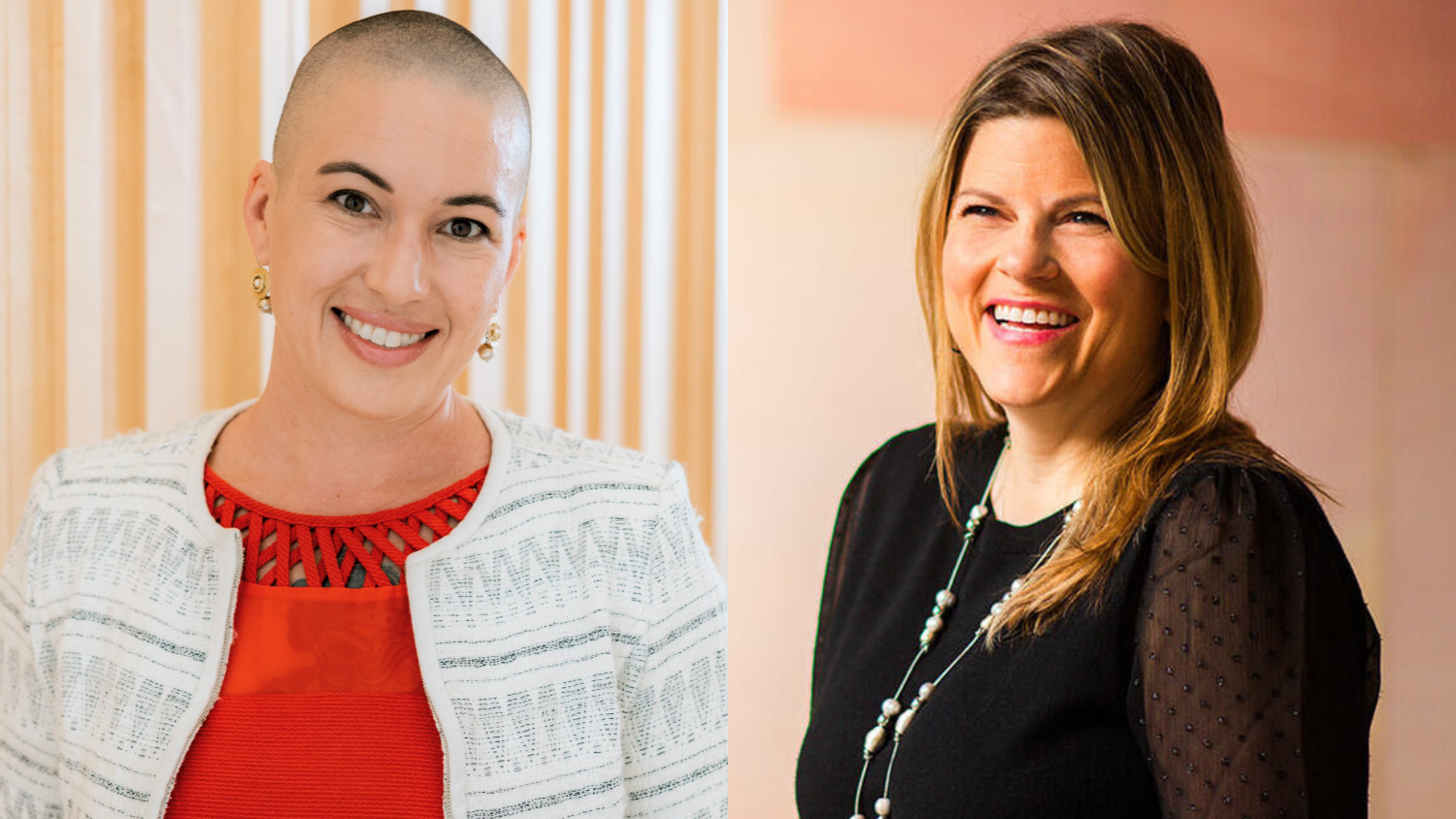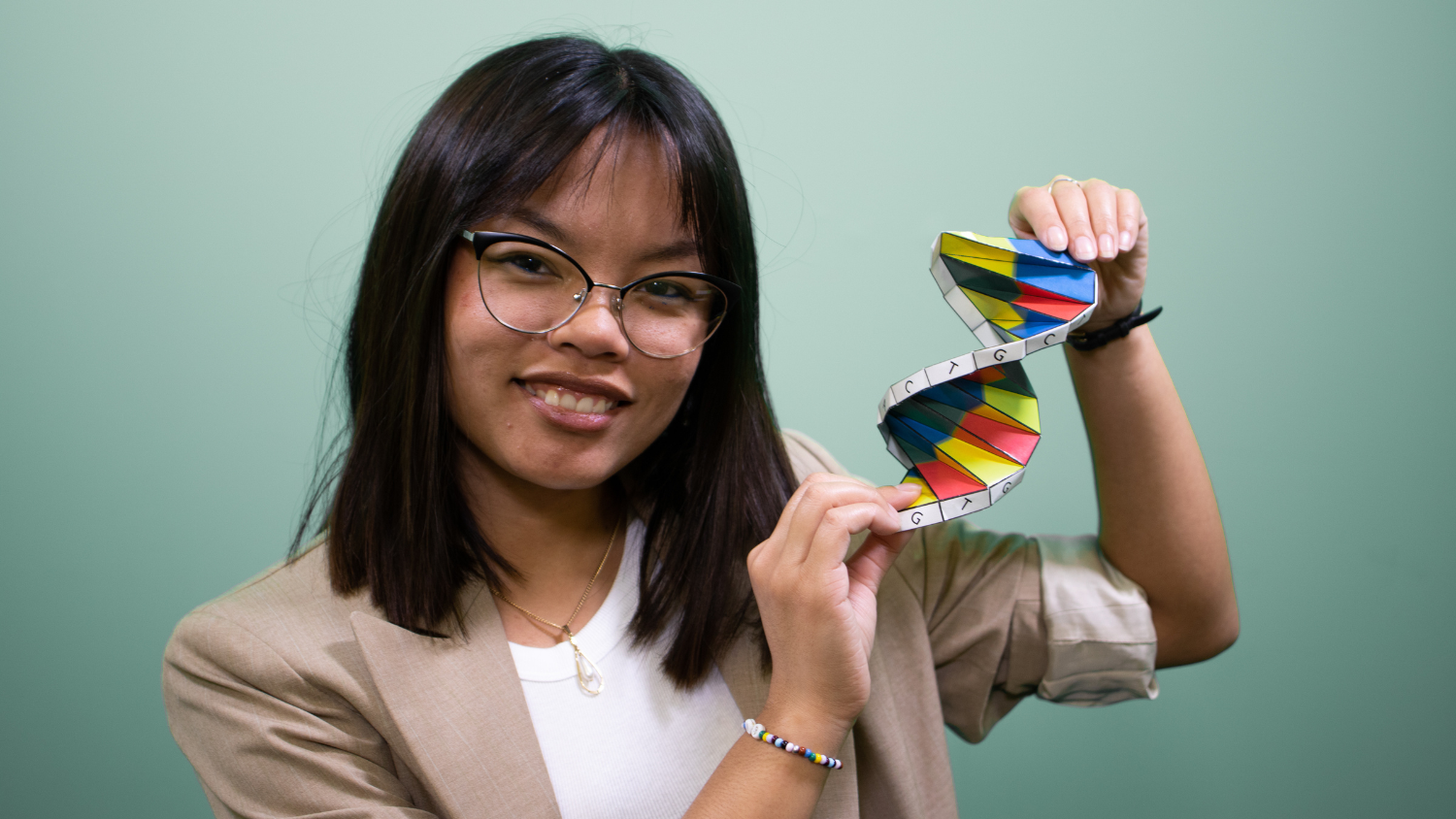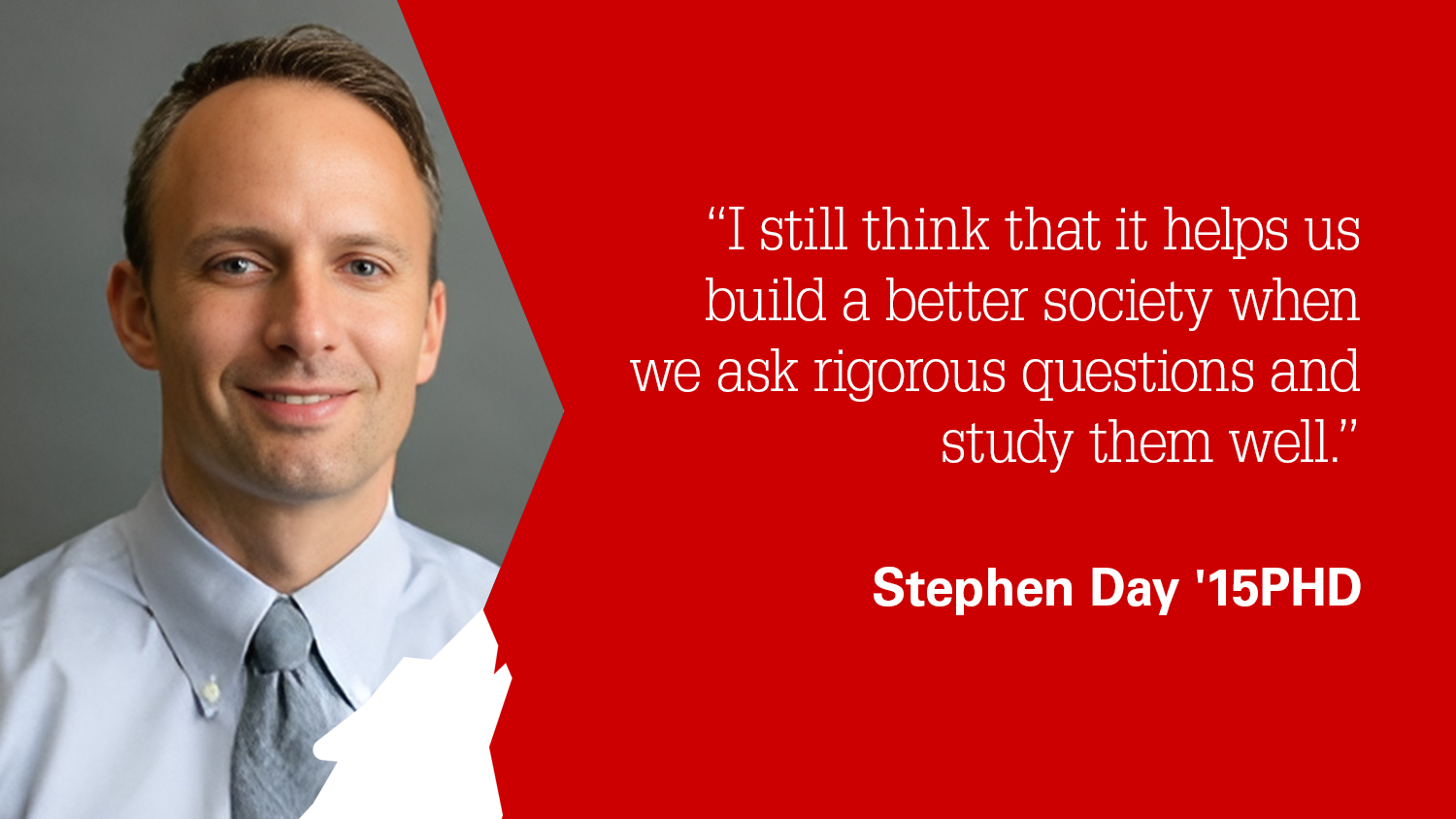My Student Experience: Doctoral Students Christy Batts, Kendall Hageman-Mays Gain New Perspectives Through Alliance for Catholic Education’s Reform Leaders’ Summit

Last June, NC State College of Education doctoral students Christy Batts and Kendall Hageman-Mays, who are both earning a Ph.D in Educational Leadership, Policy, and Human Development in the educational evaluation and policy analysis concentration, flew out to New Orleans for their first immersion weekend as part of the 15th cohort of the Alliance for Catholic Education’s Reform Leaders’ Summit.
There, they learned about the city’s all-charter school system, implemented following Hurricane Katrina. Then, in March, they traveled to Florida, where they heard about the state’s educational savings account program and visited a private Catholic school catering exclusively to underserved students, before spending the weekend of June 7 on the University of Notre Dame’s campus presenting their capstone projects.
Though neither Batts nor Hageman-Mays have backgrounds in Catholic education, they saw their year-long experience as a chance to broaden their understanding as educational researchers.
“It’s really a year of learning from each other, and it gives each of us an opportunity to see things from another perspective,” Batts said.
The Reform Leaders’ Summit aims to equip leaders with skills and abilities needed to support family rights and equity in education, and Batts and Hageman-Mays were part of a cohort of about 50 educators who engaged in these immersion weekends, which were facilitated by policymakers, school leaders, researchers, education entrepreneurs and funders.
While much of their cohort consisted of diocesan leaders and K-12 teachers, Batts and Hageman-Mays were able to provide a unique perspective as educational researchers.
“They’re looking for other people who can share and solve similar problems and challenges,” Hageman-Mays said. “The role of the higher education researcher is to make sure people are constantly checking themselves and asking the harder questions.”
For their capstone project, they were given a prompt that asked them to use $150 million over 15 years to solve a challenge introduced throughout the course of the program. In response, their working group of higher education researchers designed a data dashboard for families that would assess schools on customized effectiveness measures like safety, support and community, and act as a resource families could use to assess the quality of education for their children’s school.
“We wanted to create a tool that would allow families to be informed in their choices and not just go to the one that’s closest or to the one that everyone else goes to but to go to the one that truly best serves their students and their students’ unique needs,” Hageman-Mays said.
Their experiences in the college’s Ph.D. in Educational Leadership, Policy, and Human Development educational evaluation and policy analysis concentration, Batts said, helped prepare them to contribute to the project, and they also won best white paper out of all the working groups.
“The breadth and depth of understanding that we have as education researchers, thanks to our training from College of Education and specifically the educational evaluation and policy analysis program, means we are trained to critically analyze, think about and ask those questions,” Batts said.
Batts, whose current research focuses on home schoolers’ access to public resources, said she benefited from interacting with the members of her cohort who represented a different sector of the educational landscape.
“I understand a little bit more now about perspectives that I did not know before,” Batts said. “I know that my research needs to be able to, at some points, speak to all the people in the room if it’s going to move past an academic journal and into practice. Participating in this has really challenged me in my writing, and the types of questions that I need to ask.”
For Hageman-Mays, whose research looks at how North Carolina school districts select students for gifted programming, the program convinced her that her work can be relevant in other areas, too.
“The tool that I’m creating in my dissertation, which is an equity index that actually allows schools and districts to rate and review and analyze and evaluate how they’re choosing students, I think that this tool will also be able to be used both by private schools and by charter schools,” Hageman-Mays said.
While Batts and Hageman-Mays knew each other through their time in the NC State College of Education, getting to travel and work on projects together has helped strengthen their bonds as researchers and their confidence in each other as sounding boards for their respective ideas.
It has also provided them with a network of scholars they hope to remain in touch with as they continue their work.
“The experience of getting to know the people within my cohort, that was the best part,” Hageman-Mays said.
Batts and Hageman-Mays are two of several College of Education students who have taken part in the Reform Leaders’ Summit in recent years. Doctoral student Zainab Qaabidh and recent graduate Mario Jackson ’24PHD participated in the 14th cohort in 2022.
- Categories:


